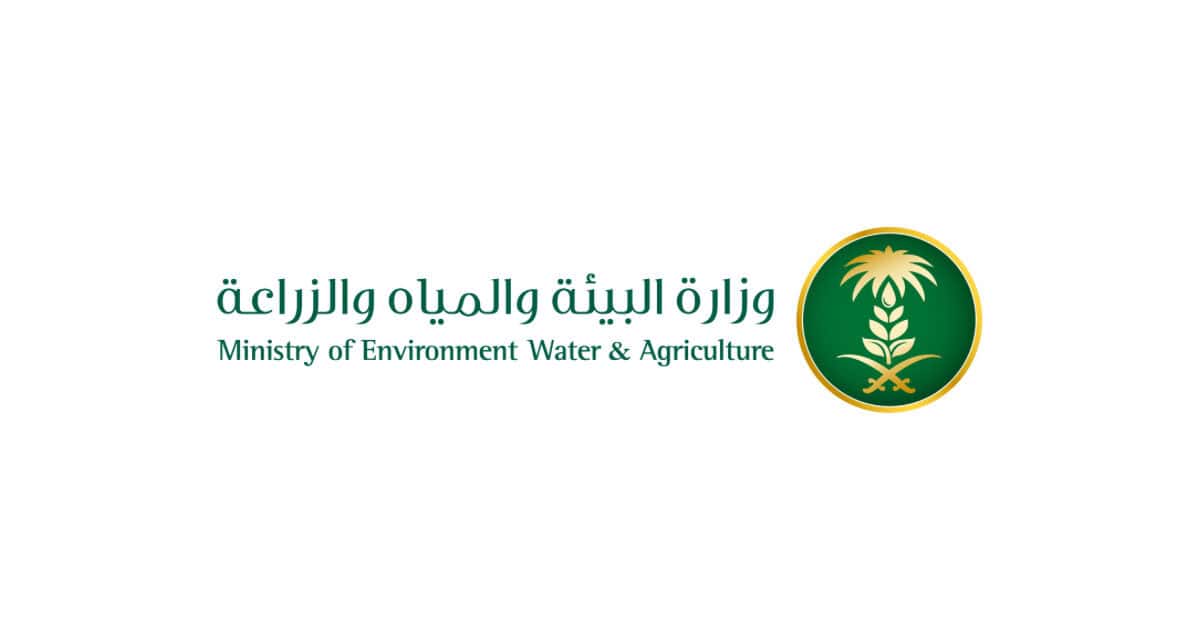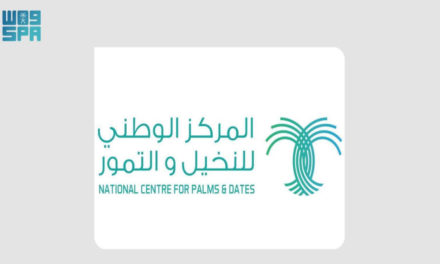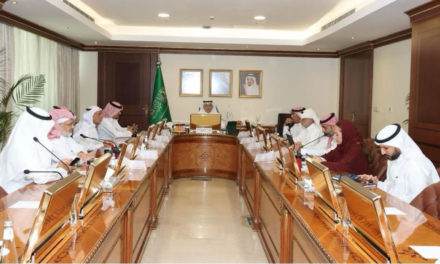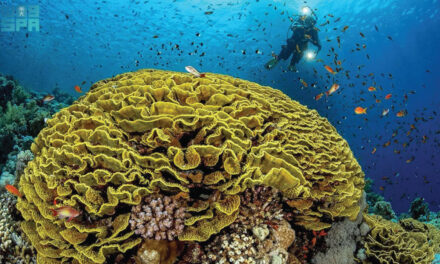Illegal Fishing in Saudi Arabia Faces Crackdown in Jeddah
Jeddah, Saudi Arabia — Efforts to combat illegal fishing in Saudi Arabia have intensified along the Jeddah coast, where the Ministry of Environment, Water, and Agriculture continues targeted inspection campaigns. Led by the local Fisheries Unit, these operations aim to protect marine ecosystems by enforcing seasonal bans on species like Najil and shrimp and eliminating banned gear.
Recently, the campaign focused on detecting violations such as fishing during restricted periods or using prohibited methods. These include monofilament nylon nets, bottom trawls—locally known as “kenna”—and destructive techniques involving toxins or explosives. In addition, teams seized traps and gear placed illegally in restricted zones.
Illegal Fishing Methods and Their Impact on Marine Ecosystems
Engineer Ahmed Al-Qarni, Director of the Jeddah Office, stated that unlawful fishing activities directly threaten coral reefs and marine breeding grounds. These environments are vital to the sustainability of the Kingdom’s coastal resources. Moreover, he stressed that banned equipment can destroy habitats crucial for ecosystem regeneration.
Therefore, the campaign aligns with the objectives of the National Environmental Strategy, which emphasizes resource sustainability and biodiversity protection. By targeting illegal fishing practices in Saudi Arabia, the ministry aims to ensure lawful and eco-friendly methods prevail across its waters.
National Response to Illegal Fishing Saudi Arabia
Saudi Arabia’s coastline plays a key role in national food security and ecological stability. Accordingly, enforcement actions in Jeddah reflect a broader commitment to responsible resource use. Saudi Standard notes that continued vigilance against unauthorized fishing in Saudi Arabia will remain essential as marine pressures grow and sustainability goals become more urgent.
The Saudi Standard’s View
These continued crackdowns as essential—not just for marine protection, but for public trust in environmental law. As pressures on marine ecosystems grow, enforcing the rules becomes more than policy—it becomes proof of national resolve. The message is clear: illegal fishing in Saudi Arabia will not be tolerated, and sustainable practices are now the standard, not the exception.






